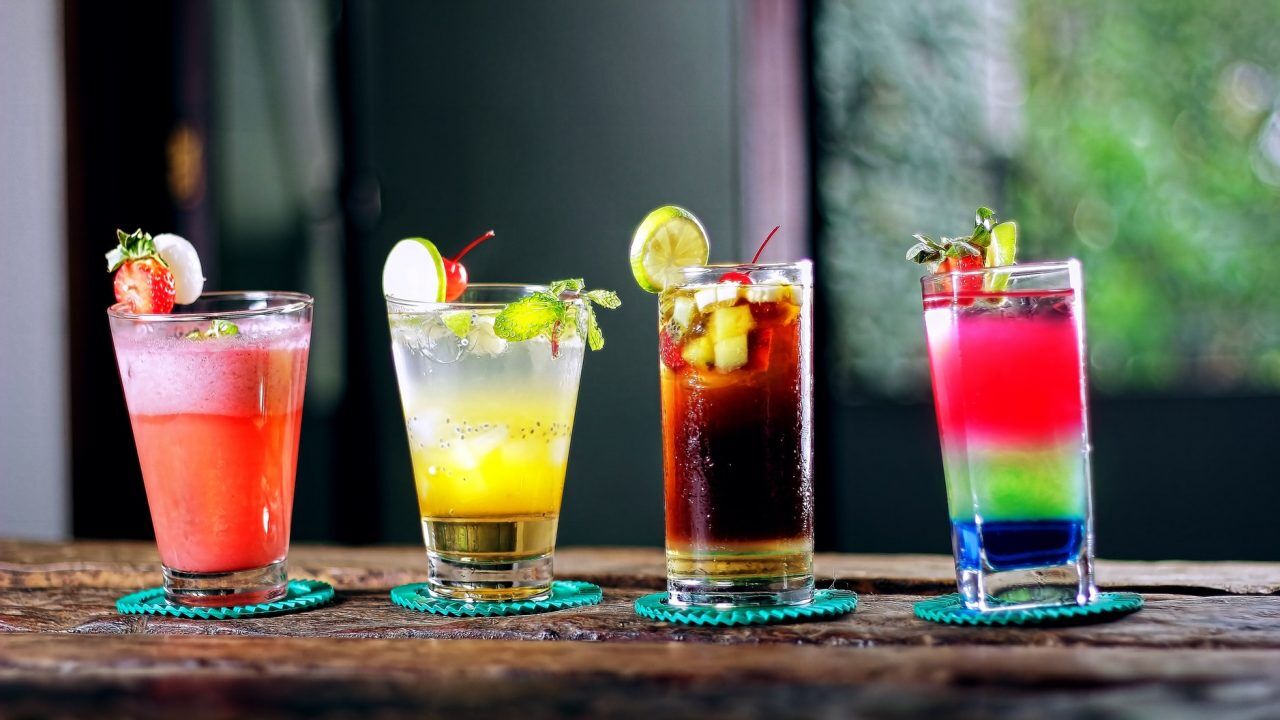
Most of us end a long week with a drink. Or four. We all know alcohol isn’t good for us but a few drinks here and there isn’t bad, right?
In moderation, alcohol can actually decrease the risk for cardiovascular disease. But moderation means no more than one drink for women and two for men a day. While there are days we don’t drink, there are days we exceed the limit quite considerably.
Surprisingly, studies indicate a positive association between alcohol intake and physical activity. We can assume that individuals who are active want to be healthy, so why are they the ones you can count on to get a drink with? Are they cancelling out everything they just worked for in the gym?
Contrary to Popular Belief
If you are hitting the gym then the bar, it’s important to know what that does to your body. Many people know that alcohol is essentially empty calories. A night drinking can equate to a meal that was filled with only carbs. Since alcohol is seen as a toxin by the body, none of it is used as nutrition. It’s not good. However, nowadays there are many low-calorie options so drinking doesn’t rack up nearly as many calories as it used to. That’s good.
But wait, there’s more! Many gym-goers have heard that alcohol decreases the amount of testosterone so you won’t lift as much, build as much muscle, and recover as quickly. The hormone imbalance combined with empty calories can lead to a slower metabolism, which is the opposite of what anyone wants.
Despite what you just read, studies have been showing that alcohol actually isn’t that bad. The study that concluded alcohol consumption significantly reduced muscle protein synthesis (MPS) had one flaw. They had participants ingest alcohol and whey protein after exercise and some had a carbohydrate meal a little after this. Nobody drinks immediately after a workout, let alone with a protein shake. That’s gross. It’s not surprising that they concluded MPS could be reduced by 37%.
A study by Danielle Levitt published in the Journal of Strength and Conditioning Research has shown that alcohol consumption post-exercise does not impact muscle power recovery when performing familiar exercises. Levitt says previous research used exercises participants were unfamiliar with. So the extent to which alcohol impairs muscle recovery is correlated to muscle tissue damage.
With familiar exercises, individuals’ muscles aren’t damaged as much. With new exercises, one can be sore up to a week. Soreness is a sign of significant muscle tearing because of a workout. This excessive tearing puts more strain on your body to repair it so when alcohol is consumed, it has more of an impact on repair. When an individual tears his muscles doing a familiar exercise, the muscles don’t have to work as hard to repair the muscle, so alcohol has less of an impact.
Moreover, the participants who ingested alcohol had to raise their blood alcohol level to around .12, which meant around 5 shots. If they could drink that much without impeding MPS then perhaps it really is okay to drink following exercise. It’s also important to note that muscle power was not affected, even up to 48 hours post-exercise.
Similarly, Matthew Barnes, a lecturer at Massey University’s School of Sport and Exercise in New Zealand, tested muscle recovery of rugby players. After simulating a game then giving them alcohol, Barnes found that alcohol provided no difference in recovery.
When performing exercise that’s not new, individuals can drink alcohol without impeding muscle recovery. This fed into the idea in which Barnes says if the muscle isn’t heavily damaged, factors one would think that alcohol would have are minimal. This means a less intense exercise could be followed with a few drinks. But after a grueling workout, it would be wise to scale back on the drinks.
Most importantly, Levitt says gender plays a role as well. Barnes’ and Levitt’s studies included men who have higher levels of testosterone so the affects of alcohol on muscles would be more pronounced. Levitt says that even after intense workouts, women don’t show a longer recovery period. She goes on to say that estrogen might play a role in protecting muscle tissue.
Conclusion
The impact alcohol has on muscle growth is correlated to how intense the workout is. More intense workouts that damage muscle tissue more should not be followed up with a trip to the bar. This is especially true for workouts that include new exercises. When muscles aren’t damaged too much, alcohol has minimal affect on muscle growth and recovery. So in general, a few drinks won’t kill your gains.
While this is good news to many, alcohol consumption should still be limited. In the long run, the negative effects of alcohol will catch up to anyone. They include weight gain, bad mood, and poor sleep. Remember, if you drink consistently, try to limit yourself to two to help stave off any drawbacks alcohol can have on your gains.
Feel like your current routine isn’t cutting it? Sign up with Modern Fit to receive customized fitness and nutrition plans and access to exclusive content.
